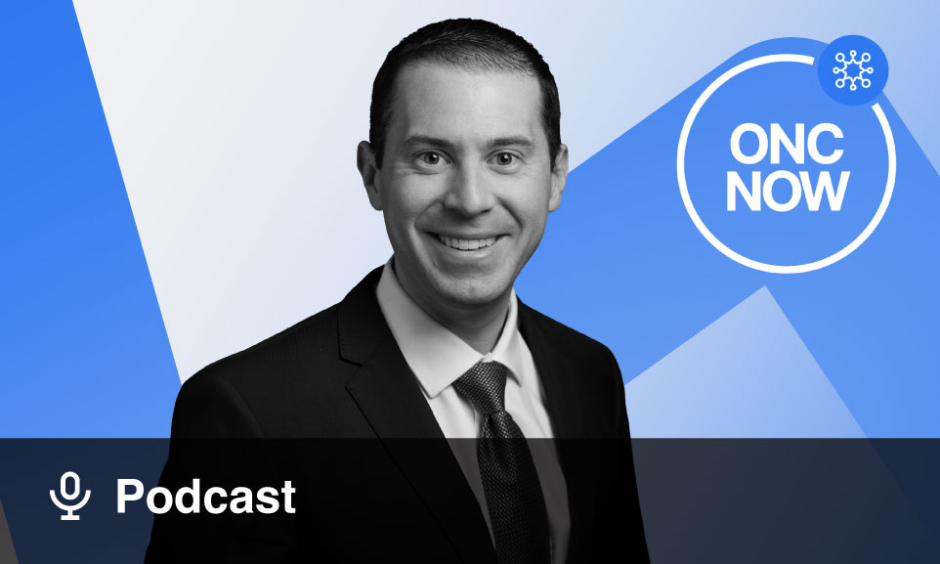Melissa Hudson | Director, Cancer Survivorship Division, Department of Oncology, St Jude’s Research Hospital, Memphis, Tennessee, USA
Citation: Oncol AMJ. 2025;2[1]:92-93. https://doi.org/10.33590/oncolamj/DUGU7026
![]()
Your work has been instrumental in shaping pediatric cancer survivorship care. What motivated you to focus your career on long-term outcomes for those who have survived childhood cancer?
I began working at the St. Jude Children’s Research Hospital’s After Completion of Therapy Clinic (Memphis, Tennessee, USA) in the early years of my faculty appointment. I was struck by the late effects of treatment experienced by individuals who had cancer and their impact on the quality of survival. Despite these challenges, they were grateful and became enthusiastic supporters of research that could improve outcomes for other children with cancer. Their limited awareness of the links between health problems (e.g., infertility and growth failure) and cancer treatments motivated our team to undertake more thoughtful evaluations that considered long-term toxicities associated with specific treatment exposures. We also wanted to develop educational materials and survivorship care plans to guide their ongoing care by local healthcare providers. This approach eventually evolved into the standard, risk-based survivorship care that is used today.
As the Director of the Cancer Survivorship Division at St. Jude, how have you seen survivorship care evolve over the past decade, and what do you envision for its future?
Over the past 4 decades, I have observed the progress in 5-year survival (the typical benchmark for cure). I have also witnessed changes in the prevalence and types of late-effect risks among those attending a long-term follow-up after completion of therapy. Many children with biologically favorable presentations of cancer now receive limited therapy with a very low risk of late effects, whereas others with high-risk disease are entering long-term follow-up with a substantial chronic disease burden. Due to changes in treatment and our continued inclusion of cytotoxic therapies, many children still experience life-altering late effects (e.g., cognitive deficits, hearing loss, infertility, etc.). Life-threatening effects are less common, except among children with biologically aggressive cancers requiring multimodality therapy or interventions such as hematopoietic cell transplantation. Moving forward, with further reductions in the use of cytotoxic agents and the increasing utilization of novel therapies (such as targeted agents and immunotherapy), long-term follow-up will be important in determining whether these modalities have reduced or altered the profile of late effects.
Your research explores the burden of disease and quality of life after childhood cancer. What are some of the most significant late effects that you believe are still under-recognized in current clinical practice?
I think that the effect of childhood cancer on psychosocial functioning in adulthood is often overlooked. Typically, psychosocial effects are related to the intensity of therapy and associated health outcomes, but it is important to remember that the childhood cancer experience can affect family relationships, finances, behaviors, and more. In pediatric cancer follow-up, we aim to address both the medical and psychosocial effects of cancer and cancer therapies. However, as more time passes after the completion of therapy, interventions for optimizing psychosocial outcomes are not consistently available, and there is less focus on this issue. This is especially true for young adults, who may encounter challenges in achieving educational and vocational goals, living with late effects and chronic symptoms, sustaining good mental health, and transitioning to adult-focused medical providers, among others. Finding affordable resources and services to address these needs is challenging in both high- and low-middle-income settings.
You were recently honored with the American Society of Clinical Oncology (ASCO) Pediatric Oncology Award. What does this recognition mean to you personally and professionally, and how does it reflect the broader progress in the field of pediatric cancer survivorship?
Receiving the award is particularly meaningful, as it provides affirmation of the importance of my collaborative work in survivorship. Choosing to honor a survivorship clinical investigator with the award reflects the forward-thinking nature of the pediatric oncology field. It is a discipline that strives to anticipate and optimize the quality of life of children newly diagnosed with cancer, as well as those who have achieved long-term survival.
Looking ahead to this year’s ASCO Congress, are there any sessions that you are looking forward to and why?
I am looking forward to the pediatric oncology oral abstract and poster sessions, which will provide updates about treatment outcomes and emerging novel therapies. Both offer opportunities to interact with researchers who are driving progress in the field and network with collaborators and colleagues.
How do you see the role of multidisciplinary collaboration between oncologists, primary care providers, and researchers contributing to improved outcomes for those who have survived pediatric cancer?
Multidisciplinary collaboration among oncology clinicians, researchers, and primary care providers is essential to improve outcomes for those who have survived pediatric cancer. Achieving 5-year survival is not a sufficient outcome for children with cancer, as many leave this experience with chronic multimorbidity, which can contribute to poor quality of life and premature mortality in adulthood. As the majority of those who have survived pediatric cancer will transition back to the care of community clinicians, we need to develop tools and resources to support them in managing the medical and psychosocial challenges associated with having experienced cancer during childhood.








